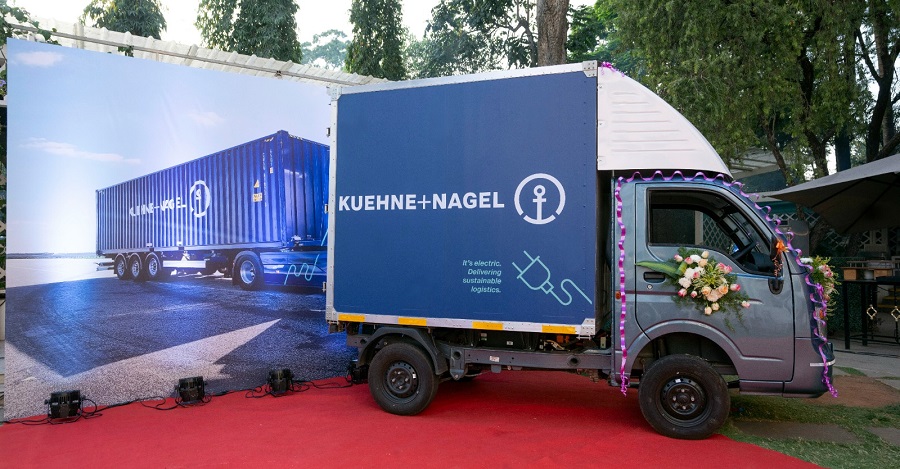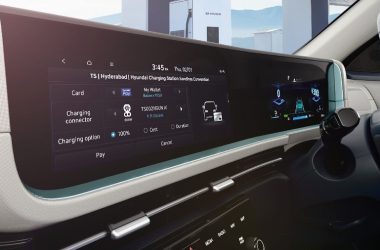In a significant stride towards sustainability, the Ministry of Heavy Industries is rolling out a series of groundbreaking initiatives aimed at accelerating the adoption of electric vehicles (EVs) and reducing the nation’s dependence on fossil fuels. These measures are part of a broader strategy to transform India into a hub of electric mobility and green manufacturing.
Electric Mobility Promotion Scheme 2024 (EMPS)
Launched on April 1, 2024, the Electric Mobility Promotion Scheme (EMPS) is designed to spur the adoption of electric two-wheelers (e-2W) and three-wheelers (e-3W). With a substantial allocation of ₹500 crore, this initiative is set to run until July 31, 2024. The scheme offers financial incentives to buyers, making electric vehicles more accessible and affordable for the average consumer. This four-month push aims to significantly increase the penetration of e-2Ws and e-3Ws across the country, setting a precedent for future schemes.
Production Linked Incentive Scheme for Automobile and Auto Component Industry (PLI-AAT)
The Production Linked Incentive Scheme for the Automobile and Auto Component Industry (PLI-AAT) represents one of the most ambitious components of the government’s green agenda. With an impressive budgetary outlay of ₹25,938 crore, the PLI-AAT scheme incentivizes the production of a broad range of electric vehicles, including electric two-wheelers, three-wheelers, four-wheelers, buses, and trucks. This initiative is designed to boost domestic manufacturing, enhance competitiveness, and position India as a global leader in the EV market.
Advanced Chemistry Cell (PLI-ACC) Manufacturing Scheme
Another critical pillar of India’s electric vehicle strategy is the Production Linked Incentive Scheme for manufacturing Advanced Chemistry Cells (PLI-ACC). With a dedicated budget of ₹18,100 crore, this scheme is aimed at fostering innovation and scaling up the production of advanced battery technologies. The PLI-ACC scheme seeks to attract investments in state-of-the-art battery manufacturing, ensuring a robust supply chain for the burgeoning EV industry and reducing the reliance on imports.
Promoting Electric Passenger Car Manufacturing
In a bid to draw investments from global EV manufacturers and establish India as a premier destination for electric vehicle production, the Ministry of Heavy Industries has also launched a scheme specifically to promote the manufacturing of electric passenger cars. This initiative is expected to create a favorable investment climate, encouraging international players to set up manufacturing bases in India. By doing so, the government aims to create jobs, boost economic growth, and accelerate the transition to electric mobility on a large scale.
Official Announcement and Future Prospects
The details of these transformative schemes were provided by the Minister of State for Heavy Industries and Steel, Bhupathi Raju Srinivasa Varma, in a written reply to the Lok Sabha today. These initiatives are part of a broader vision to reduce carbon emissions, promote sustainable development, and position India at the forefront of the global green revolution.
As these schemes gain momentum, they are expected to catalyze a significant shift towards electric mobility, reduce the carbon footprint of the transportation sector, and foster a cleaner, greener future for India. The government’s proactive approach is a testament to its commitment to environmental stewardship and economic resilience, paving the way for a sustainable and prosperous future.








